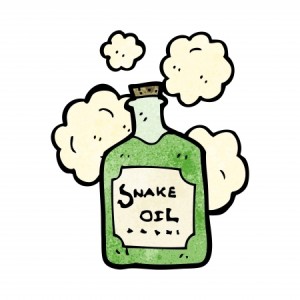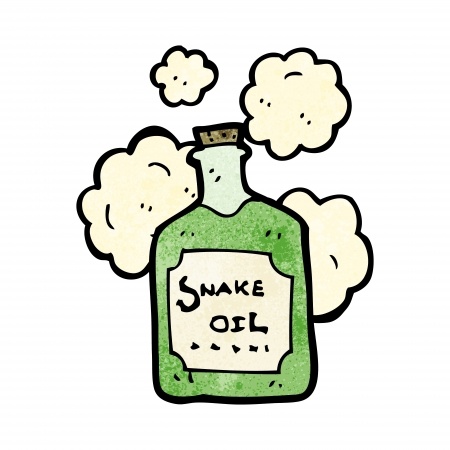
My wake up call to the deceptive practices of some pharmaceutical companies came when I read The Truth About Drug Companies by Marcia Angell in 2004. Angell speaks credibly to the issue since she is a former editor-in-chief of the prestigious The New England Journal of Medicine. One example that stayed with me over the years because of its sheer, incredible audacity was how Neurontin was made into a multi-billion dollar selling drug.
In 1994 Neurontin was approved by the FDA as a secondary treatment for epilepsy—to be used when patients failed to respond to other anti-seizure drugs. The patent was due to expire in 1998 (it eventually received a two year extension). So the company began to target doctors to prescribe it for unapproved, off-label uses, “mainly common but vague conditions like pain and anxiety, and also as the sole treatment for epilepsy.”
Although doctors are legally permitted to prescribe an FDA approved drug for any use whatsoever, it is illegal for a drug company to market a drug for off-label uses. According to Angell, what Parke-Davis did was to pay academic experts to put their names on flimsy research papers that showed the drug worked for certain off-label conditions. This “research” typically fell below the standard required by the FDA for an approval of the drug for a particular condition.
Angell said the studies were small and poorly designed. “Some of the articles contained no new data at all, just favorable comments about Neurontin.” Parke-Davis hired medical education and communication companies to prepare the articles and paid academic researchers to put their names on the articles as authors. Once the articles were published in academic journals, “medical liaisons” would visit doctor’s offices to answer questions about the research.
Parke-Davis also sponsored educational meetings and conferences. The “authors” of the papers would describe the positive results of the drug’s off-label uses. Not only were the speakers paid, “but often the doctors in the audience were paid” as consultants. This was to get around the anti-kickback laws. “Consultant meetings were sometimes little more than vacations for potential high prescribers of Neurontin.”
The result was Neurontin becoming a blockbuster drug, with over 2 billion in sales for 2003. “About 80 percent of prescriptions that year were for unapproved uses—conditions like bipolar disorder, post-traumatic stress, disorder, insomnia, restless legs syndrome, hot flashes, migraines, and tension headaches.” In fact, Neurontin became an all-purpose restorative for chronic discomfort. An internal company e-mail described Neurontin as “the ‘snake oil’ of the twentieth century.”
A generic version of Neurontin (gabapentin) went on sale in August of 2004. The website Drugs.com reported that Neurontin sales in 2004 were approximately $2 billion dollars. In 2005, sales dropped to $259.4 million. It dropped from the 10th best selling drug in 2004 to the 123rd best selling drug in 2005. By 2006, Neurontin had dropped out of the top 200 best selling drugs.
In May of 2004 the pharmaceutical manufacturer Warner-Lambert, of which Parke-Davis was then a division, agreed to pay $430 million to resolve criminal charges and civil liabilities in connection with its “illegal and fraudulent promotion of unapproved uses” for Neurontin. See the Department of Justice announcement here. Part of the global agreement was that Pfizer, Inc., the owner of Warner-Lambert since June of 2000, agreed to training and supervision of its marketing and sales staff to ensure that “any future off-label marketing conduct is detected and corrected on a timely basis.”
In December of 2013, the U.S. Supreme Court upheld a $142 million award to the Kaiser Foundation Health Plan by Pfizer for marketing Neurontin for unapproved uses. The court also allowed two other lawsuits against Pfizer to proceed. A key factor in the court’s decision apparently was an analysis by Meredith Rosenthal of the Harvard School of Public Health. “Her analysis found that marketing Neurontin for such unapproved uses as bipolar disorder, neuropathic pain and migraines caused physicians to write 43 million off-label prescriptions.” She further calculated that 99.4 percent of the prescriptions for bipolar disorder were caused by illegal marketing.
The two outstanding lawsuits noted above now seem be settled. In April of 2014 Pfizer agreed to pay $190 million to settle a lawsuit that was first filed in 2002. The lawsuit claimed the pharmaceutical company took several steps to delay the entry of Neurontin into the generic drug market. According to a Reuters news article, along with other delay tactics, Pfizer allegedly filed “sham patent infringement lawsuits.” And just announced on May 30th, 2014 in this report by Bloomberg, Pfizer agreed to pay $325 million to settle a lawsuit brought by health-care providers claiming that Pfizer marketed Neurontin for unapproved uses. In both settlements, Pfizer did not admit to any wrongdoing.
So why does the history of unapproved marketing of Neurontin (gabapentin) rent so much space in my head and this blog? The Wall Street Journal recently ran an article titled “A Pill to Cure Addiction?” on “new medicines” that are being tested to help people quit drug and alcohol habits. The “new drug,” touted as a possible cure for addiction, is gabapentin.





